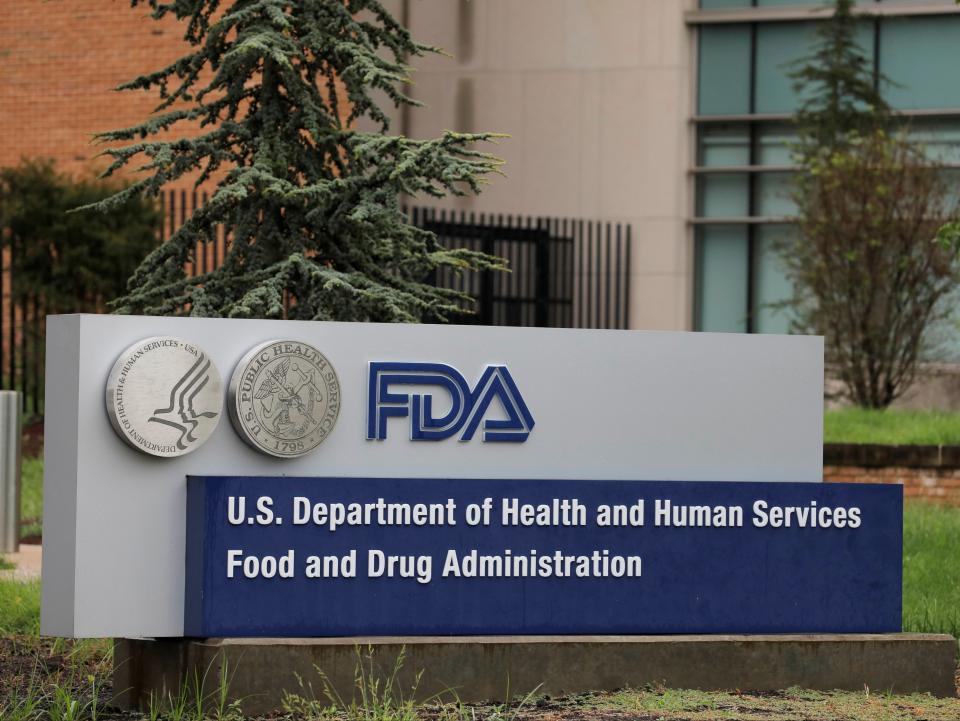FDA expected to announce rigorous standards for potential coronavirus vaccines, which will likely prevent approval by election day

The Food and Drug Administration (FDA) is expected to announce tougher standards for the authorisation of a coronavirus vaccine this week, which will make it unlikely for one to be approved by election day.
The agency is expected to issue the guidance later this week, in order to boost public trust in the process, as it moves closer to being able to decide on a potential vaccine, according to The Washington Post.
President Donald Trump claimed at a campaign rally earlier this month that a vaccine will be approved by the US election on 3 November, but two of his top scientific advisers have said that it is unlikely that one will be ready, as trials will not have collected enough data by that point.
Dr Moncef Slaoui, the scientific head of vaccine development programme Operation Warp Speed, told NPR in early September that an approval is “extremely unlikely but not impossible,” while US surgeon general Dr Jerome Adams said it is “improbable”.
The Post reported that the agency is concerned that the president’s claim, combined with reports of his administration interfering with federal science agencies throughout the pandemic, has lowered trust among Americans on a potential vaccine.
A report by the Pew Research Centre this month showed that only 50 per cent of US citizens said they would get a vaccine if it was available today, compared to 72 per cent in May.
Concerns over interference from the Trump administration on health agencies' response to the pandemic were reignited last week, as Alex Azar, the secretary of health and human services, took away the FDA's authority to sign new regulations into law.
The power has been reserved for Mr Azar, and in a statement on Sunday, HHS attempted to justify the decision, and said that it “minimises litigation risk...prevents potential future abuse of authority, and is consistent with congressional intent.”
Two individuals familiar with the agency’s new guidance, told the Post that in order to increase trust from the public, the FDA will ask any manufacturers who seek an emergency approval for a Covid-19 vaccine to go through a more rigorous process than is normally the case.
The FDA will reportedly ask manufacturers to follow participants involved in late-stage trials for two months, after they have been administered their second vaccine shot.
The agency will also want five participants with severe cases of Covid-19 in the placebo group, as well as older participants, who are the worst affected by the virus. The vaccine will also have to be 50 per cent more effective than the placebo.
The new rigorous guidelines will likely spell the end of speculation that a vaccine will be ready in time for 3 November, as manufacturers will not be able to make it through the process in time if they have not already started.
Moderna and Pfizer began their trials on 27 July, and got to the halfway stage of 15,000 participants, of a planned 30,000, a month later.
Participants are due to take the second vaccine shot a month after starting the trials, but The Post reported that although some will have completed the process by election day, it is unlikely the manufacturers will have enough data in time to have it approved.
Peter Hotez, dean of the National School of Tropical Medicine at Baylor College of Medicine, told The Post that even with new guidelines, the US public may not trust an emergency vaccine.
“Things are so revved up right now that there is quite a possibility that the American public won't accept a vaccine because of all the things that are going on,” he said.
Mr Hotez added: “US history is littered with good vaccines that get voted off the island because of bad public perceptions.”
Read more
Coronavirus: Officials tiptoe around Trump’s April vaccine promise as US death toll hits 200,000
Women are 20 percent less likely to take a coronavirus vaccine, new poll shows

 Yahoo Movies
Yahoo Movies 